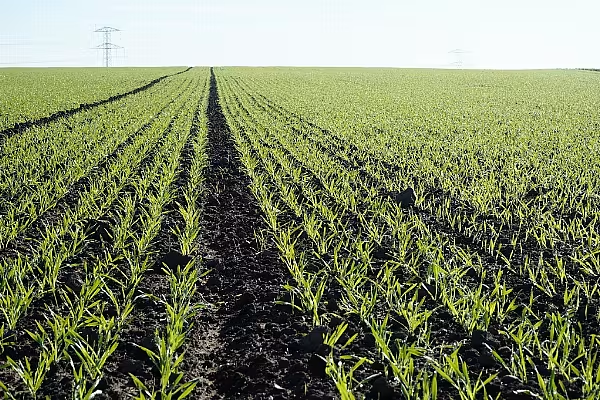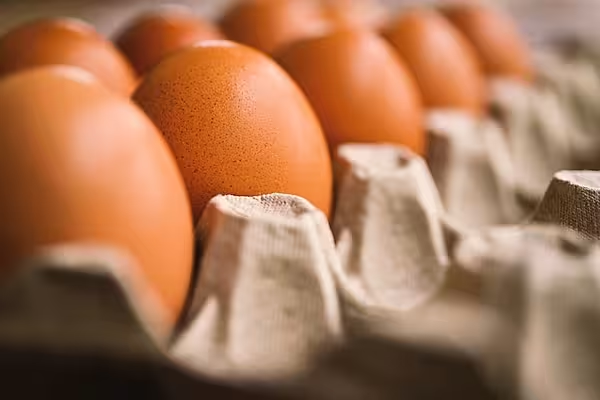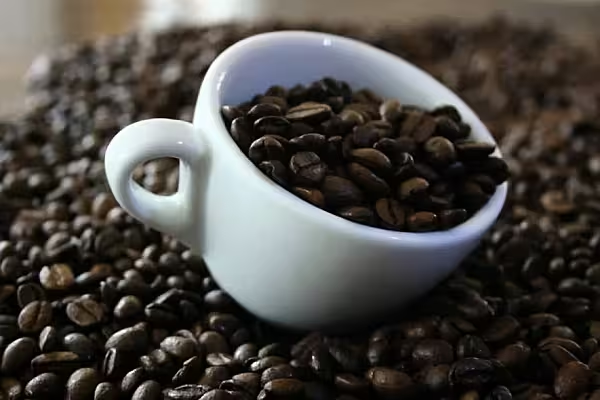France, Germany, Italy, Brazil and Australia have been highlighted as global leaders in the area of food sustainability by the Barilla Centre for Food and Nutrition Foundation.
The research group used the Food Sustainability Index to identify five countries that are helping to bring about a positive change in food systems in the areas of agriculture, nutrition, and food waste.
Sustainability Initiatives
According to Barilla, France leads the way in the fight against food waste, with only 2.31% of food produced lost along the supply chain. This is partly due to a law passed in 2016, which prohibits companies from throwing away leftover food that is still edible.
Meanwhile, Brazil has been highlighted for the fact that one in every three farmers is under the age of 24 (in Europe only 6% of farmers are younger than 35), in addition to the use of technology applied to smart irrigation systems and drones for monitoring land or automatically checking weather conditions.
Italy is the European leader for the lowest equivalent CO2 emissions from agriculture. The use of renewable energy in Italy has led to a reduction of around 34% in CO2 emissions, a figure which is likely to continue growing in the future.
Australia is a world leader in waste management, with only 0.66% of food produced thrown away, while the remaining is recycled and used in other sectors. The country has created an efficient and economically responsible waste management system that, beyond the supply chain itself, also involves the end consumer.
Finally, Germany has designated 6.27% of its total agricultural land for organic farming, compared to just over 3% in the UK and France, setting an ambitious target of raising the figure to 20% in a few years. The goal can be achieved through a low use of pesticides and fertilisers, as well as through the management of water resources.
© 2017 European Supermarket Magazine – your source for the latest retail news. Article by Branislav Pekic. Click subscribe to sign up to ESM: The European Supermarket Magazine











